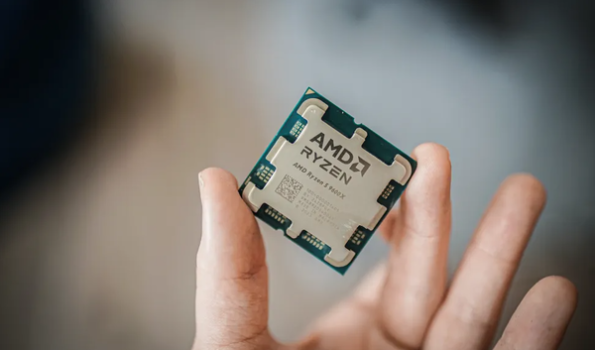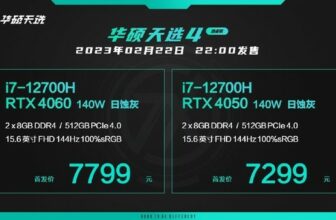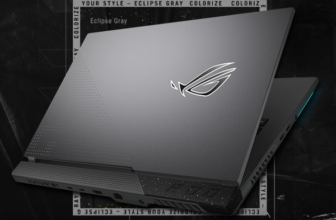Among the most popular components for PC upgrades, processors and graphics cards occupy a central position. With the release of AMD’s Ryzen 9000 series and Intel’s upcoming Arrow Lake-S processors, many anticipated a surge in demand. However, are next-gen CPU upgrades truly meeting expectations?

Minimal Improvements in Ryzen 9000 Series
The AMD Ryzen 9000 series launched with much fanfare, but its market impact has been underwhelming. Retailers report slow sales, primarily because the performance gains from the previous generation are minimal. Despite boasting robust specs, the Ryzen 9000 series struggles to justify its high price tag.
The four models—Ryzen 9 9950X, Ryzen 9 9900X, Ryzen 7 9700X, and Ryzen 5 9600X—deliver only single-digit performance improvements. In gaming, these upgrades are even less noticeable, making the case for next-gen CPU upgrades less compelling. Tests reveal that gamers may not feel the subtle differences between Zen 4 and Zen 5 processors.
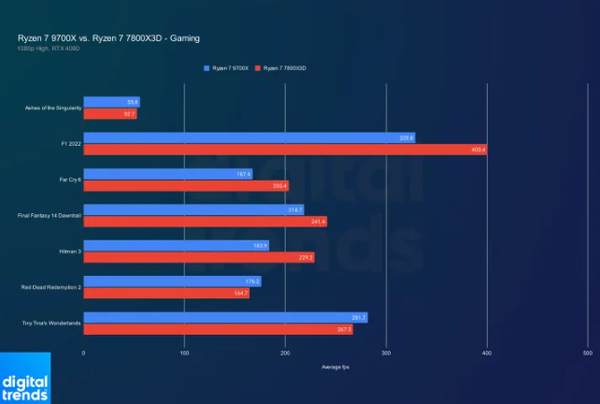
For instance, the Ryzen 7 9700X, when compared to the Ryzen 7 7800X3D, delivers about 20% better single-core performance. However, in gaming benchmarks, the Ryzen 7 7800X3D often outperforms it due to its 3D V-Cache advantage. In titles like F1 2022, the Ryzen 7 7800X3D achieves an impressive 400 FPS, overshadowing the Ryzen 7 9700X’s maximum of 328 FPS.
Even the Ryzen 7 9700X struggles to significantly outpace the Ryzen 7 7700X. Tests by Hardware Unboxed using a suite of 40 games show performance differences of only 2% between these chips, even with the latest Windows updates designed to optimize Ryzen CPU performance.
While details are scarce, the 9800X3D might finally offer gamers a reason to invest in next-gen CPU upgrades.
For gamers already using Zen 4, the Zen 5 offers little incentive to upgrade.
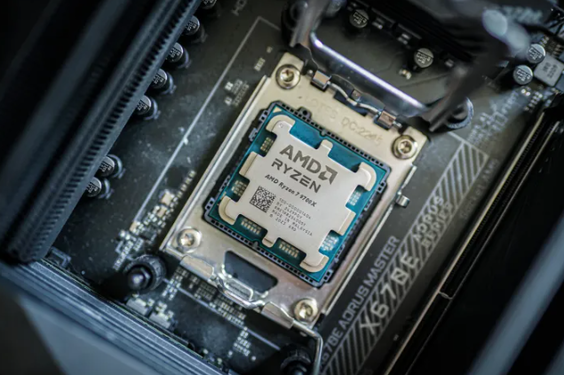
Intel’s Arrow Lake: Another Disappointment?
Intel’s upcoming Arrow Lake-S processors, part of the Core Ultra 200 series, are set to launch soon. While rumors suggest potential IPC (instructions per cycle) gains of up to 15%, more conservative estimates peg these improvements at just 5%. Unfortunately, IPC gains don’t directly translate into proportional gaming performance boosts.
Leaked benchmarks show that the Core Ultra 7 265KF outperforms its predecessor, the Core i7-14700KF, in single-core tasks. However, multi-core performance remains stagnant or even slightly worse. If the final products offer only minor improvements—especially at a premium price point—it’s unlikely they’ll win over many gamers.
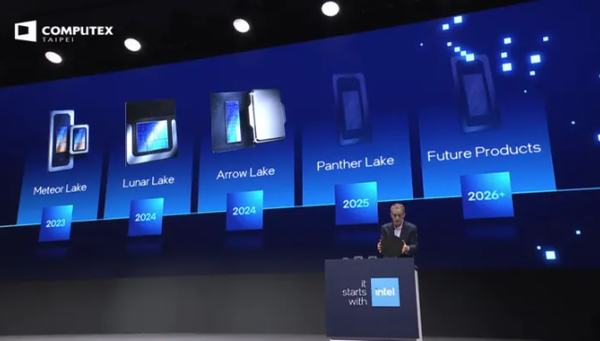
For example, the flagship Core Ultra 9 285K is expected to retail above $600. In contrast, AMD’s Ryzen 7 7800X3D remains a cost-effective option with strong gaming performance. Unless Intel surprises with a substantial price drop or unanticipated performance gains, gamers may pass on this generation.
A Savior for Gamers: Ryzen 7 9800X3D
Amidst the lukewarm reception of Zen 5 and Arrow Lake, AMD’s upcoming Ryzen 7 9800X3D offers hope for gamers. The X3D series, featuring 3D V-Cache technology, has consistently delivered exceptional gaming performance. The Ryzen 7 9800X3D is expected to follow this trend, offering a meaningful upgrade over its predecessor.
Predictions suggest the Ryzen 7 9800X3D will outperform Intel’s most powerful Arrow Lake processors in gaming scenarios. Furthermore, AMD is expected to price the 9800X3D competitively at under $500, making it an attractive option for gamers seeking top-tier performance without breaking the bank.
For those still using Zen 3 CPUs, the 9800X3D could be the perfect opportunity to upgrade. However, gamers with Zen 4 may find the generational improvements insufficient to justify the switch.
What Should Gamers Do?
As of now, the PC hardware market is in a lull. Next-gen GPUs from Nvidia (RTX 50 series), AMD (RDNA 4), and Intel (Battlemage) aren’t expected until late 2024 or early 2025. With limited performance gains from current CPU launches, it might be wise for gamers to save their money and wait.
The potential launch of AMD’s Zen 6 and new GPU architectures in 2025 could usher in a more compelling upgrade cycle. Until then, gamers can focus on optimizing their current setups or invest in other areas of their gaming experience.
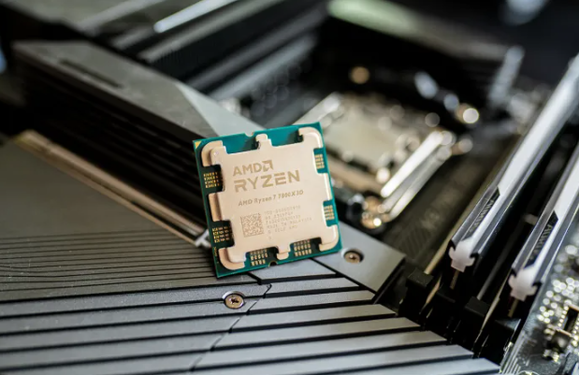
Conclusion
Both AMD’s Ryzen 9000 series and Intel’s Arrow Lake processors have fallen short of expectations, delivering only modest performance improvements. For gamers, the real excitement lies in the anticipated launch of AMD’s Ryzen 7 9800X3D. Until then, patience might be the most cost-effective strategy.
For more information on tech and market trends, visit Tiny Deals Blog. Check out our store for the latest products.
